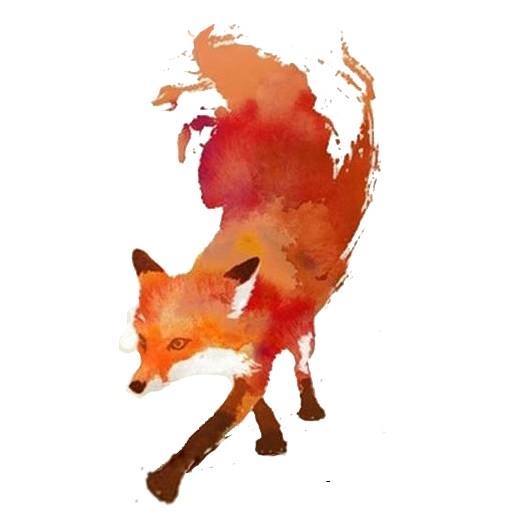What makes AESOP important? There are six different reasons: storytelling as a means for job development, intergenerational Learning in Youth projects, new 0technologies, cultural Management, new platform increased access to new information and innovative know-how, integrated learning as part of the project.

Storytelling as a means for job development
The main goal of the project is provide the necessary capacities in communities where the unemployment rate is very high especially between the young people to be able to begin an entrepreneurial career valorising their intangible cultural heritage. The project aims to build the capacities of youth workers in order for them to be able to work with young people in these communities and on the one hand preserve and promote the intangible cultural heritage while on the other hand make them able to build a career. Therefore, this project makes the innovative for a youth project link between preservation of cultural heritage and job creation pursuing both goals at the same time.
Intergenerational Learning in Youth projects
Traditionally, youth projects are focusing on the development of the skills of the young people without focusing a lot in the intergenerational element of the issue. AESOP project is putting the intergenerational element at the forefront and the youth work is going to focus on intergenerational learning in order to achieve the project’s objectives.
New technologies
One of the main project aims is the improvement of the attractiveness of intangible cultural heritage to the young generation in order later to be able to benefit from it both from a cultural and economical point of view. In order to achieve this objective, the project will not be limited to the traditional means of expression (speech, recitation, movement), but it will make the most out of the new technologies in the performances and the activities it will carry out. Projections in giant screens will make the storytelling exciting and will stimulate the imagination of both young and older people. Young people who will support their entrepreneurship over the knowledge they will acquire from the project are very familiar with new technologies (computer, internet, social media) and more specialized software (image editing, video editing, etc.). New technologies will offer a tremendous wealth of research and will support our view that in the origin of folk traditions around the world we can find many common elements that will contribute to the understanding of the world and countries tradition that in a first view are very different from each other.
Cultural Management
Our focus on cultural management is a very innovative aspect of this project. Our view is that if we only stay in research and creation on popular fairy tales, the program will be abandoned very quickly by young people. That is why we will give great importance to cultural management so that each creation has the opportunity to get into the labor market and bechanneled to the public with the appropriate modern ways of management and marketing. Workshops will be held on this crucial issue.
New platform increased access to new information and innovative know-how
The consortium will introduce an ICT based training and will establish a free eLearning course on how to allocate oral tradition and will focus cultural management. This is very innovative in comparison to traditional approaches that are mainly based on mobility, exchanges and workshops. The use of eLearning will allow the training to be extended to a greater number offering them time and location-independent access to training opportunities according to their individual needs. Until now there are not open educational resources related with the management of intangible heritage management aimed to improve the employability of young people in deprived communities and the project is going to address this issue effectively.
Integrated learning as part of the project
The project pursues integrated approach combining practical implementation and theoretical research. The exchange of best practice is complemented by practical training modules addressing transferable key skills that equip youth for research and implementation at local level. Besides theoretical input, the youth workers will be asked to organise, as part of a local event, local performances based on folk tales and organize cultural festivals.This will guarantee the practical impact of the project activities on the field.
